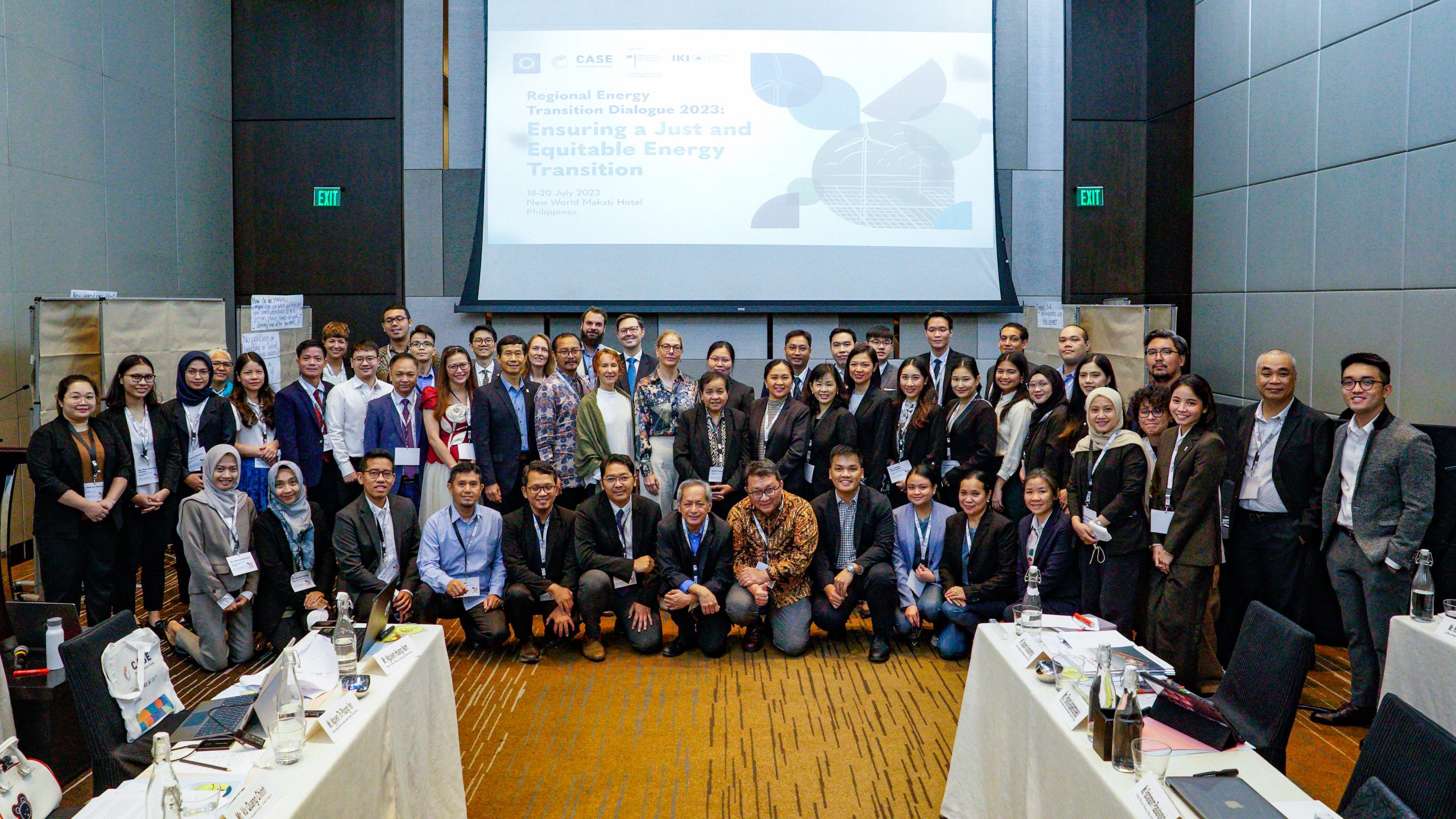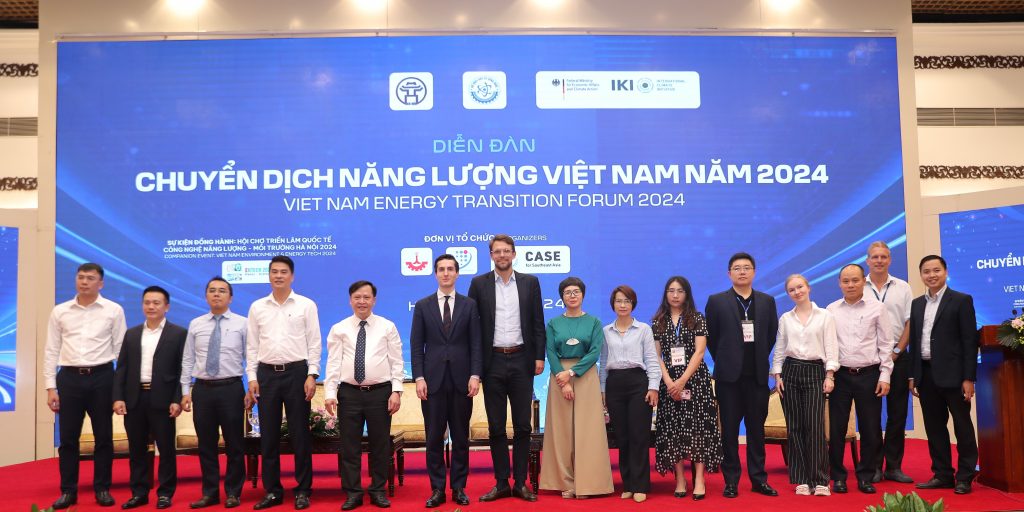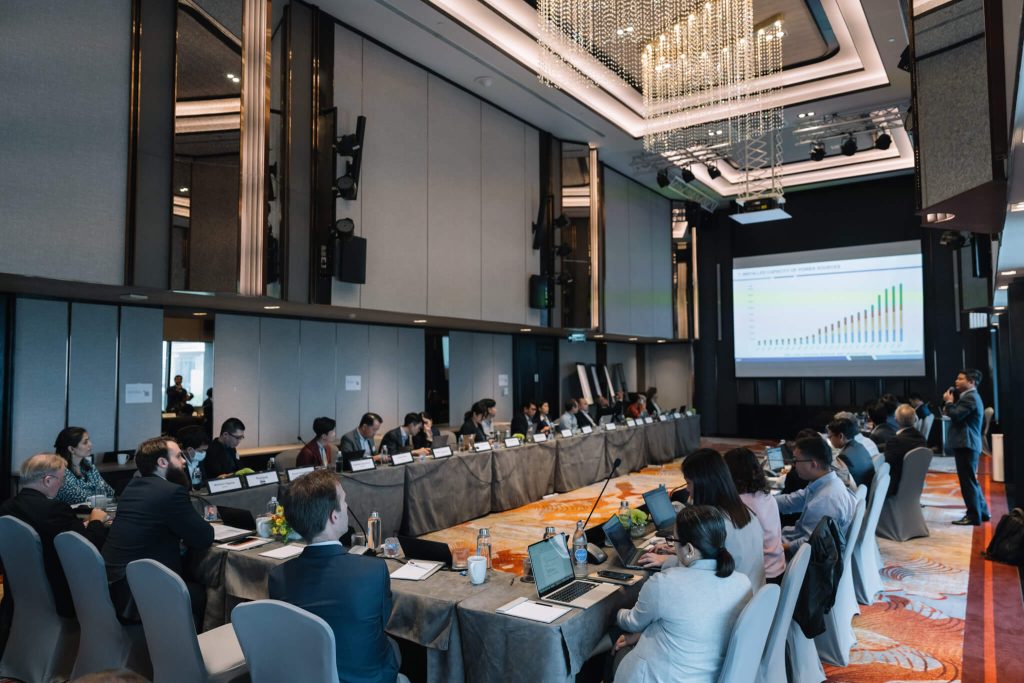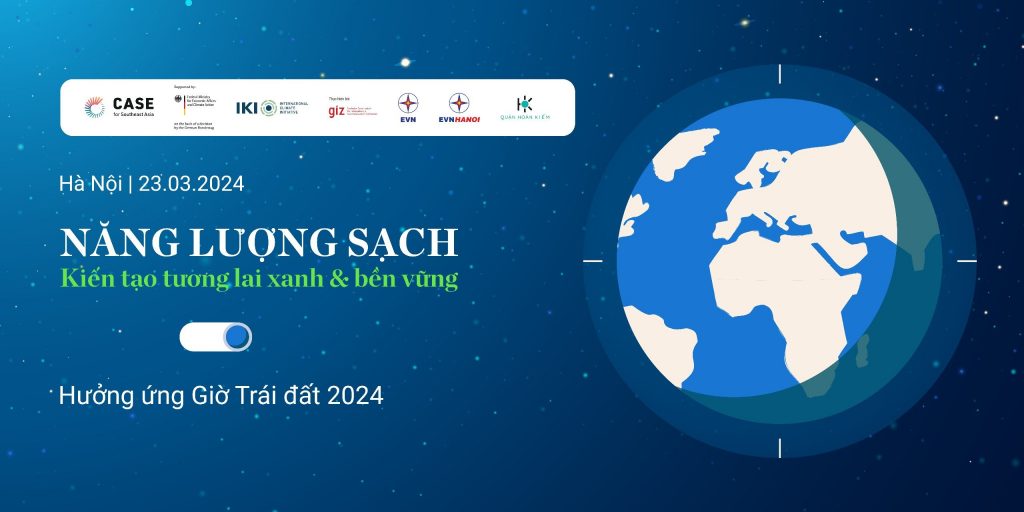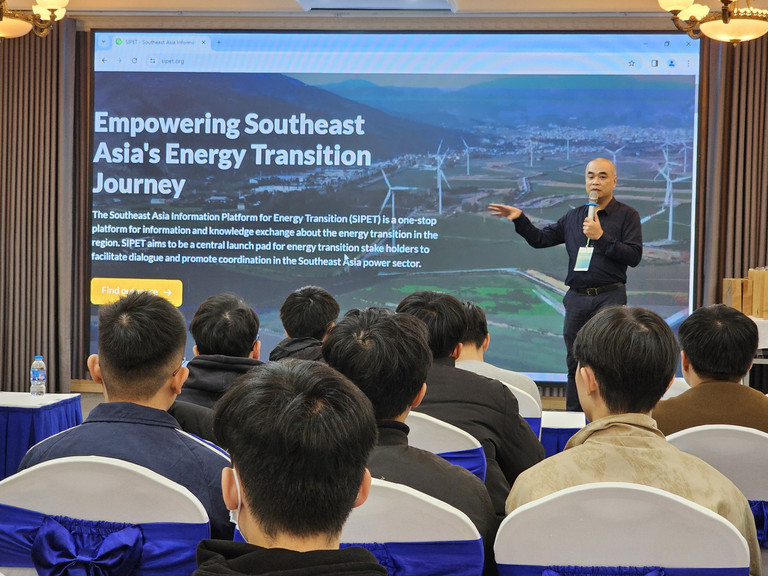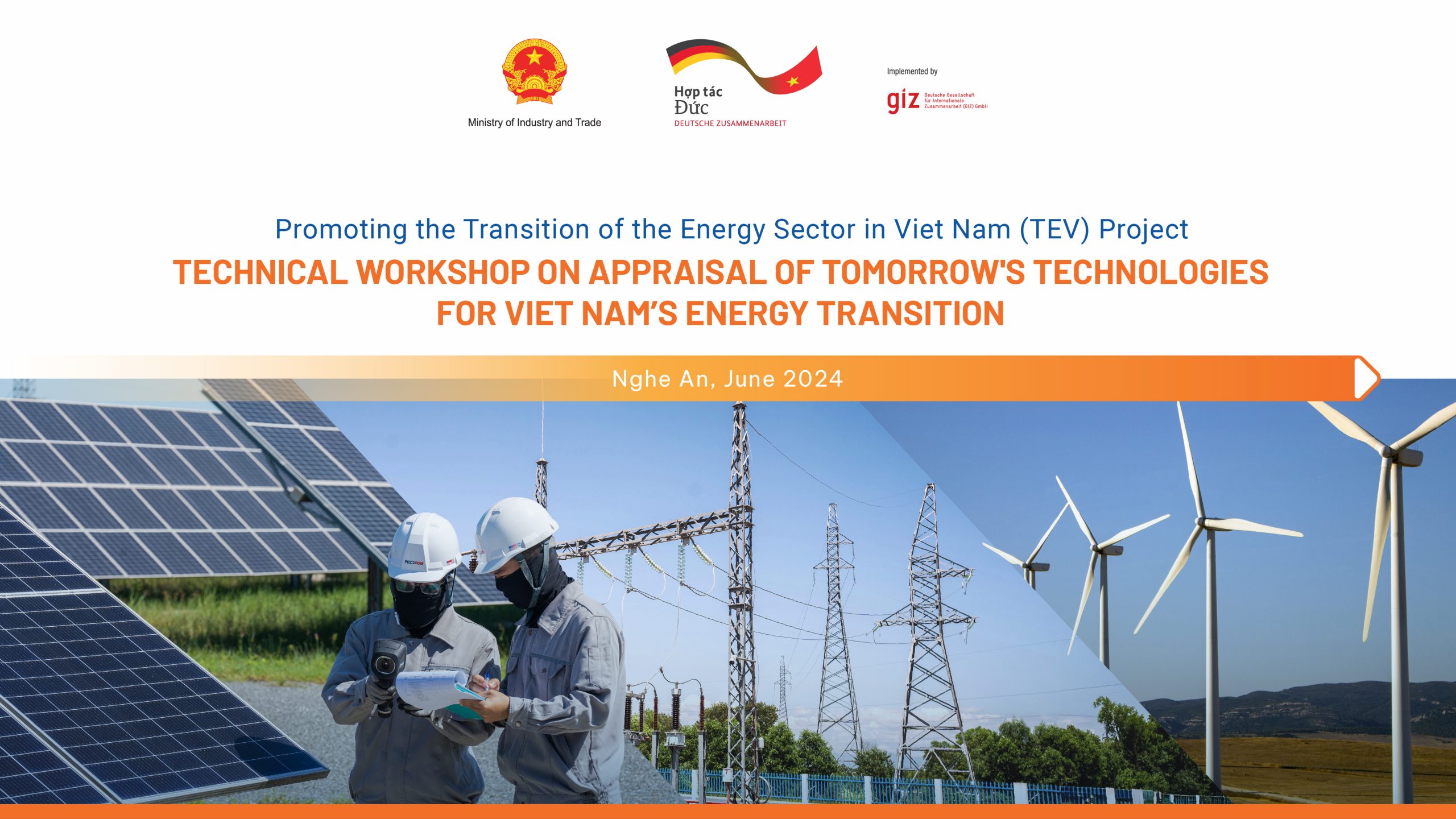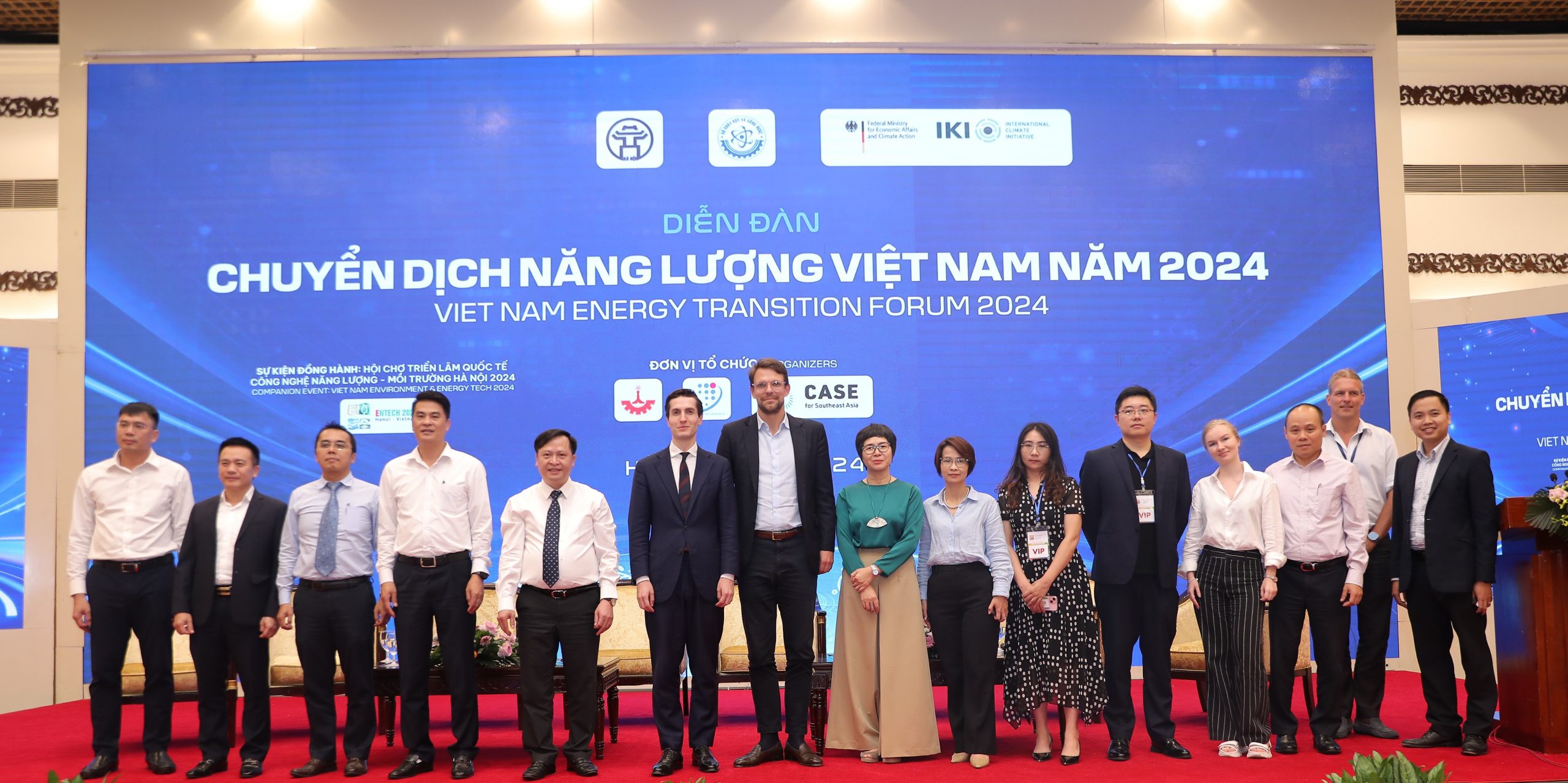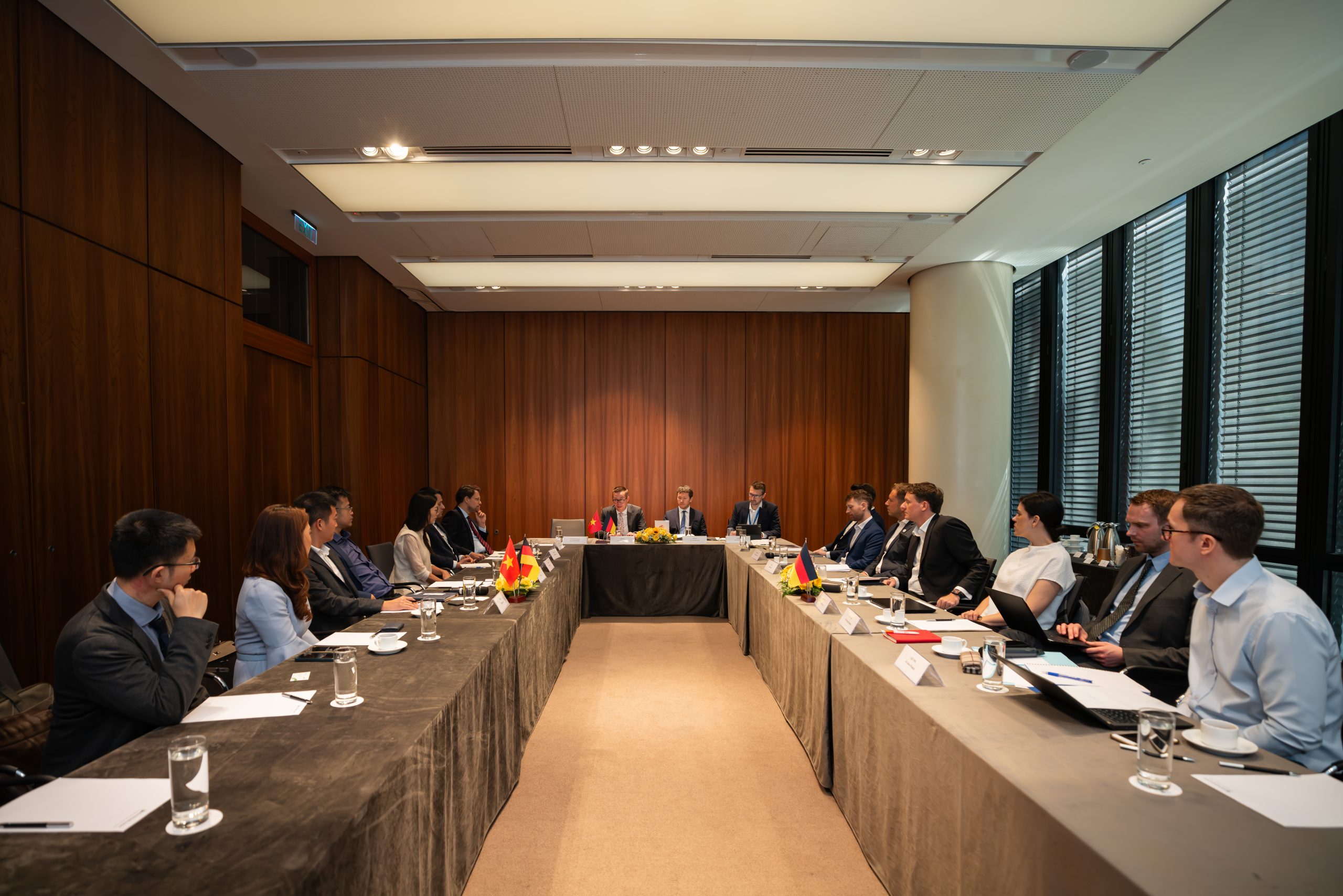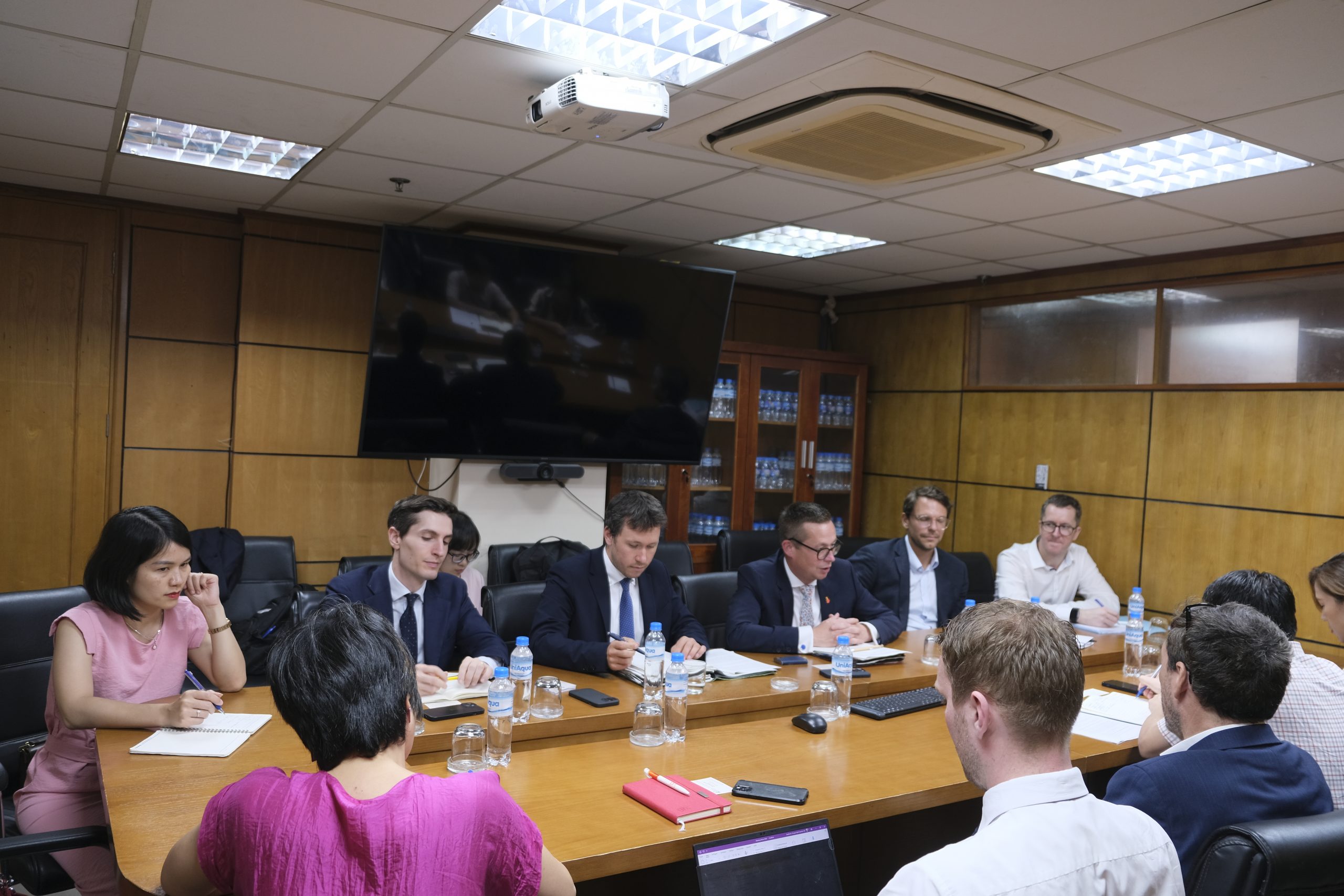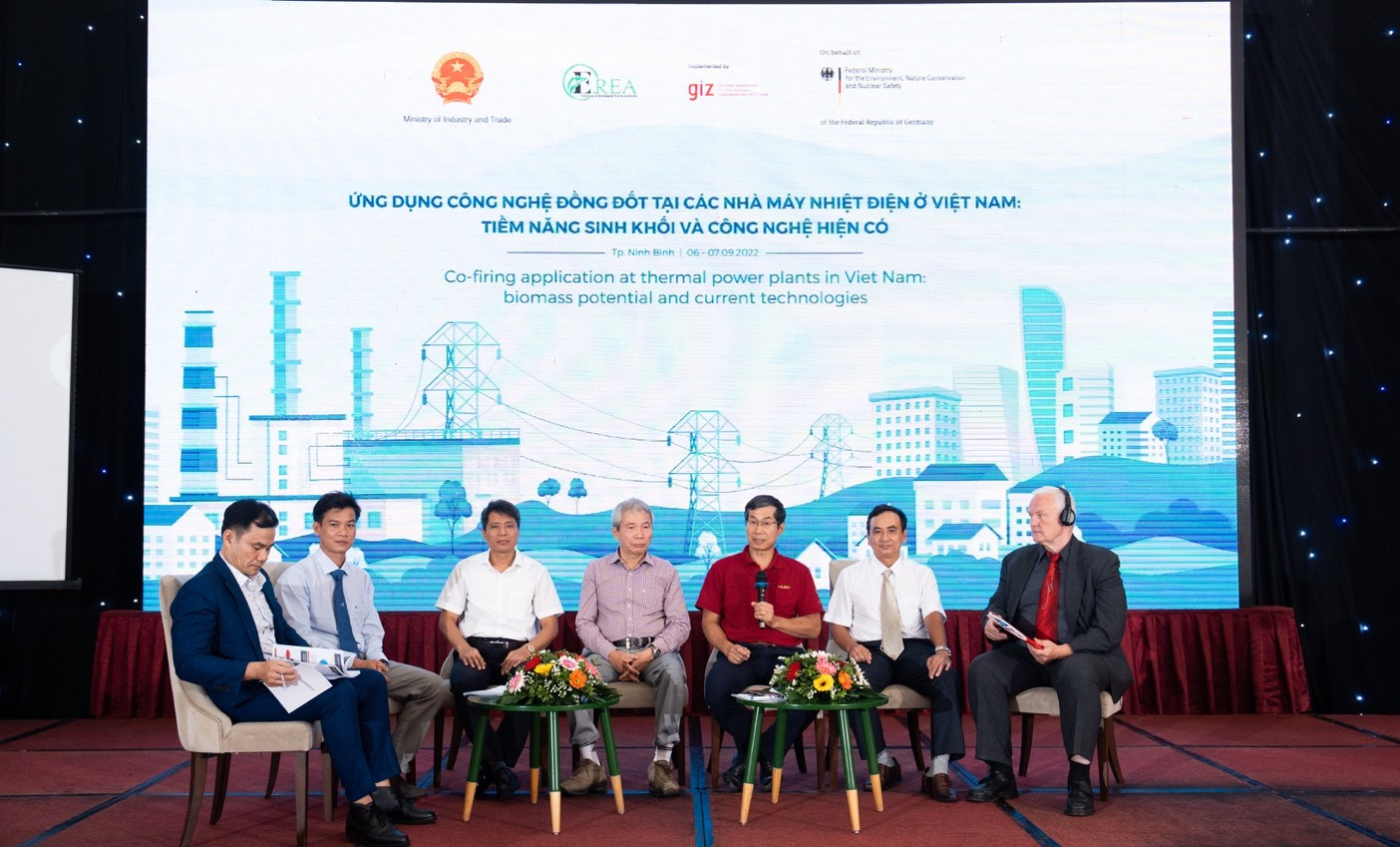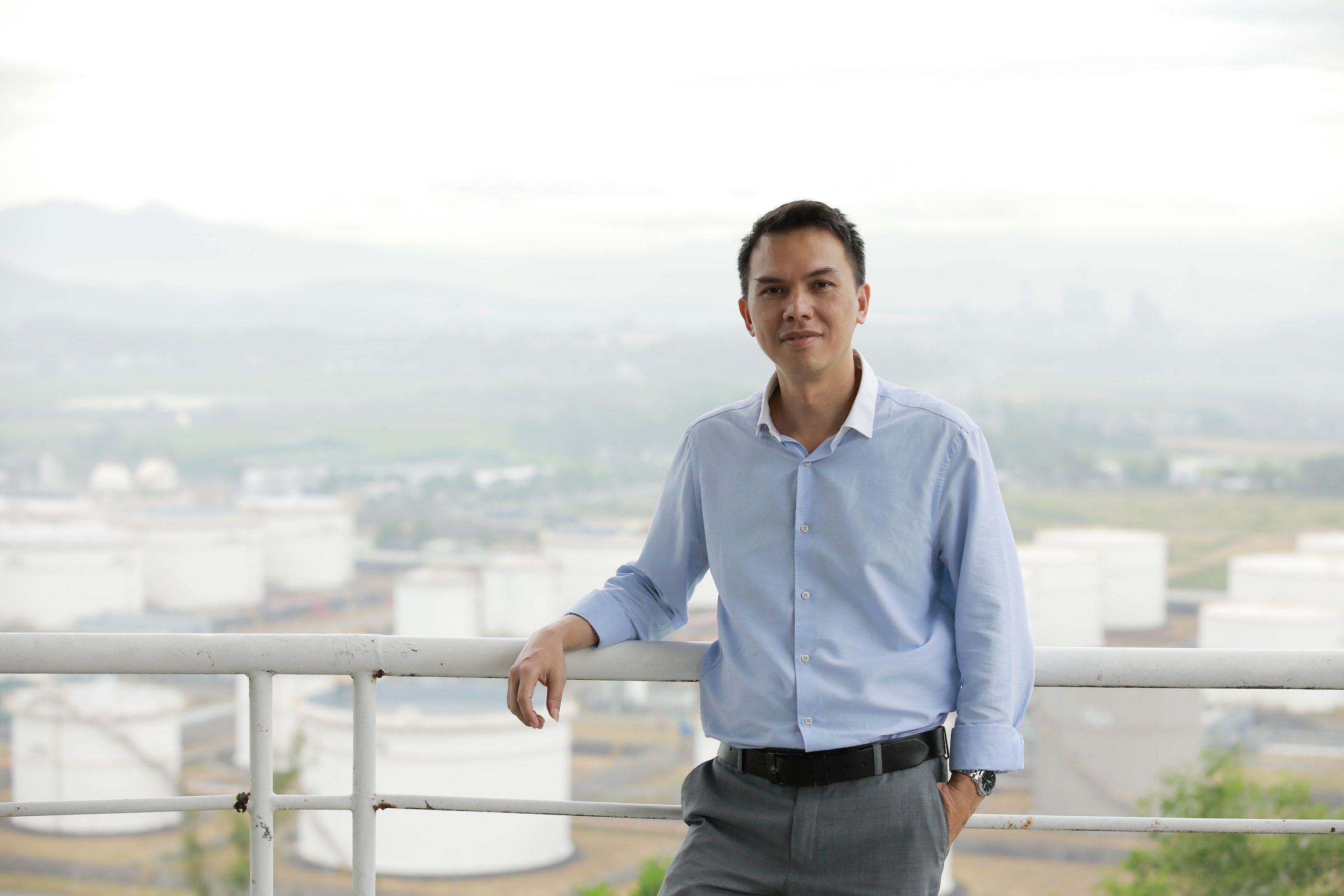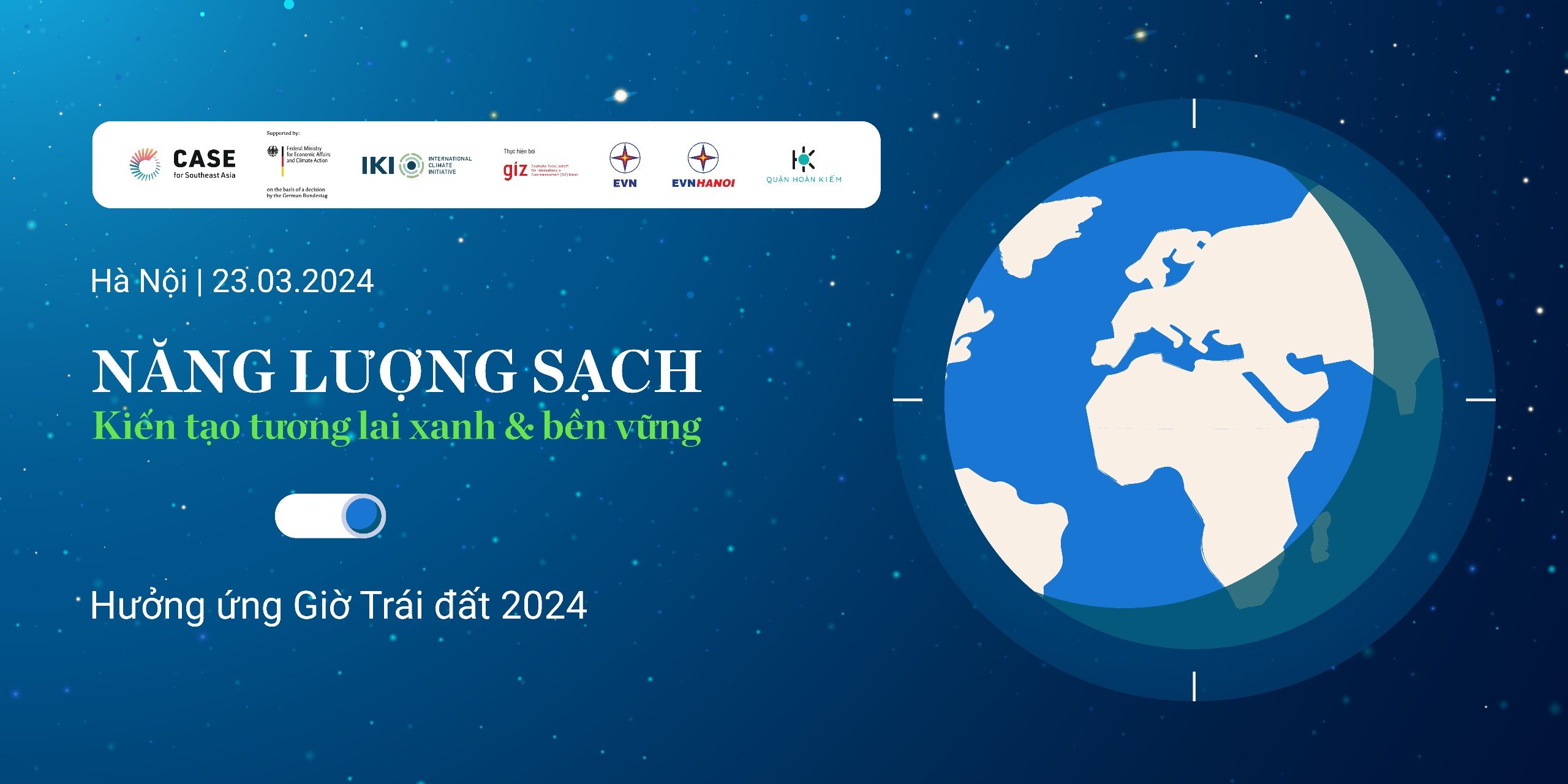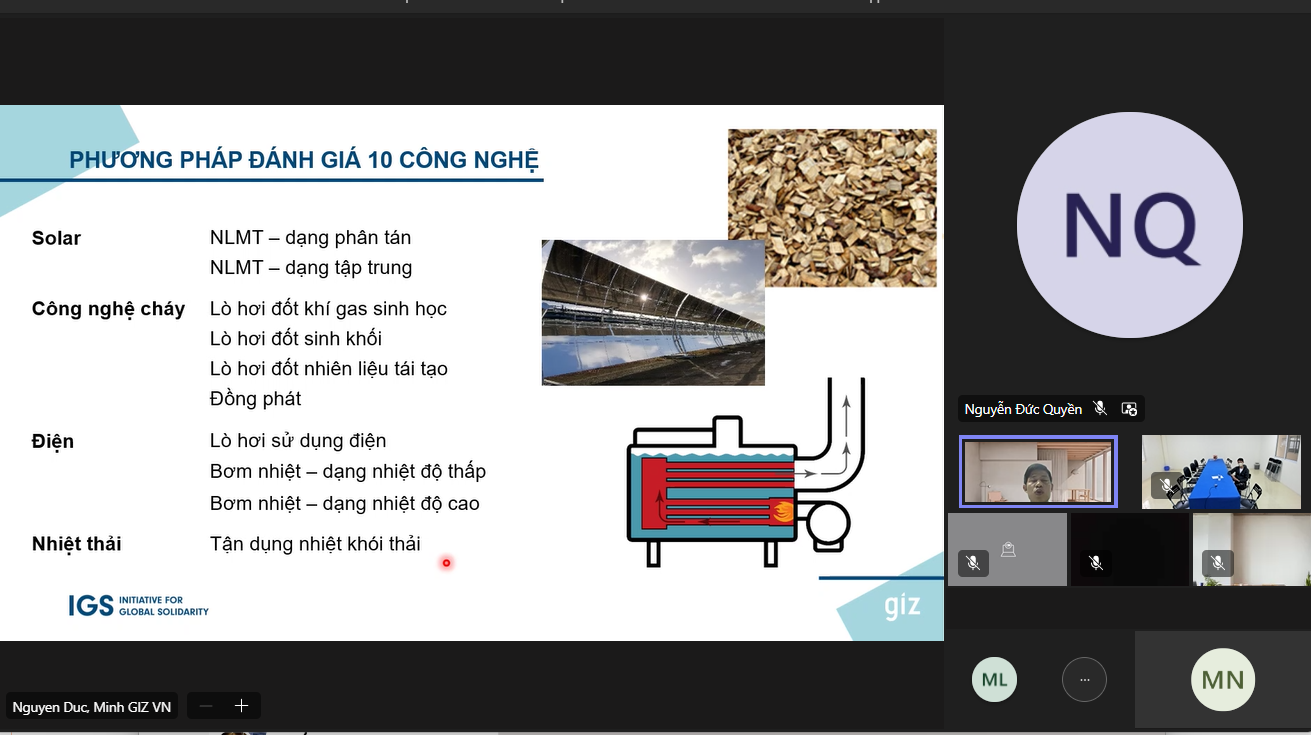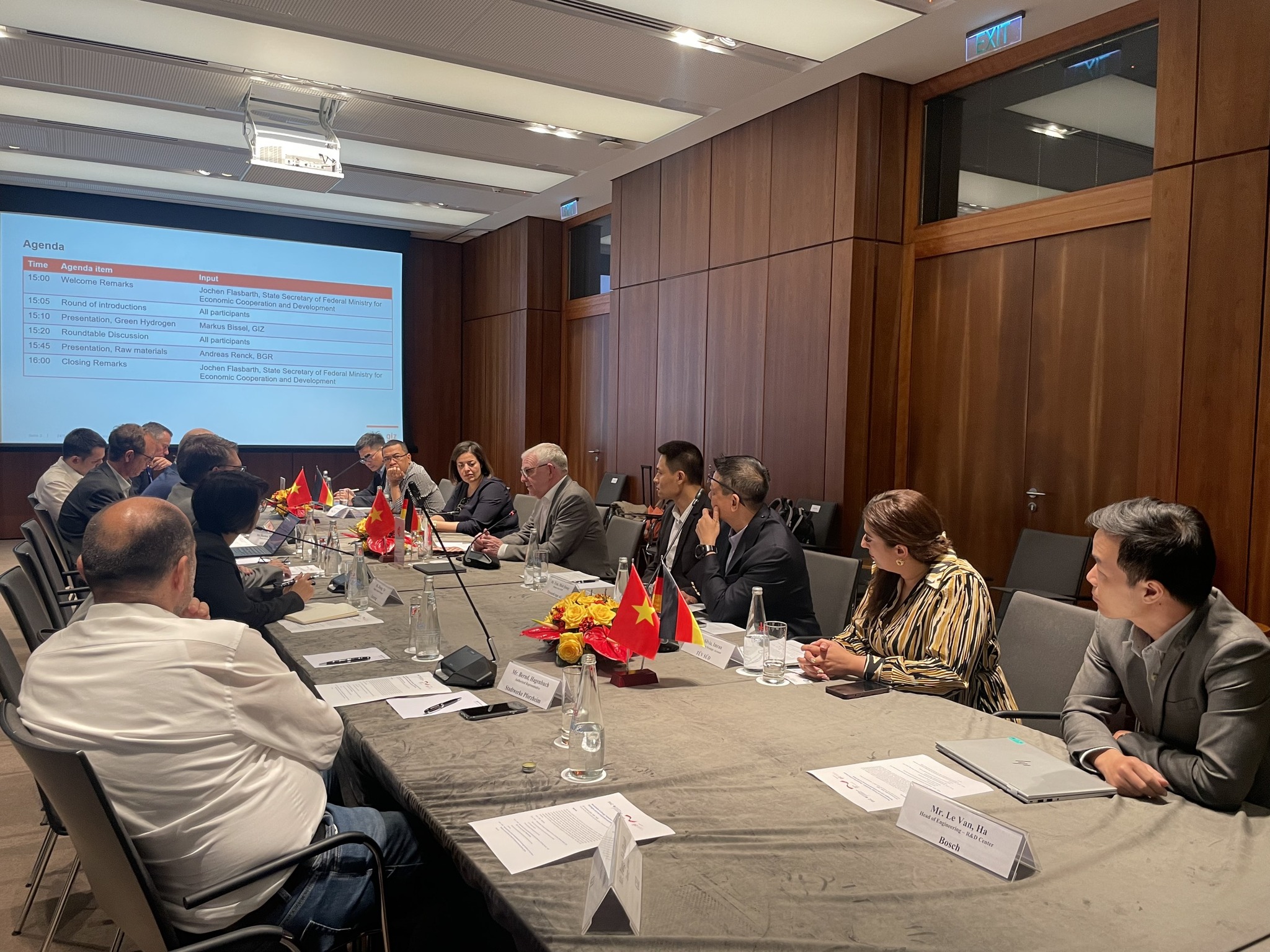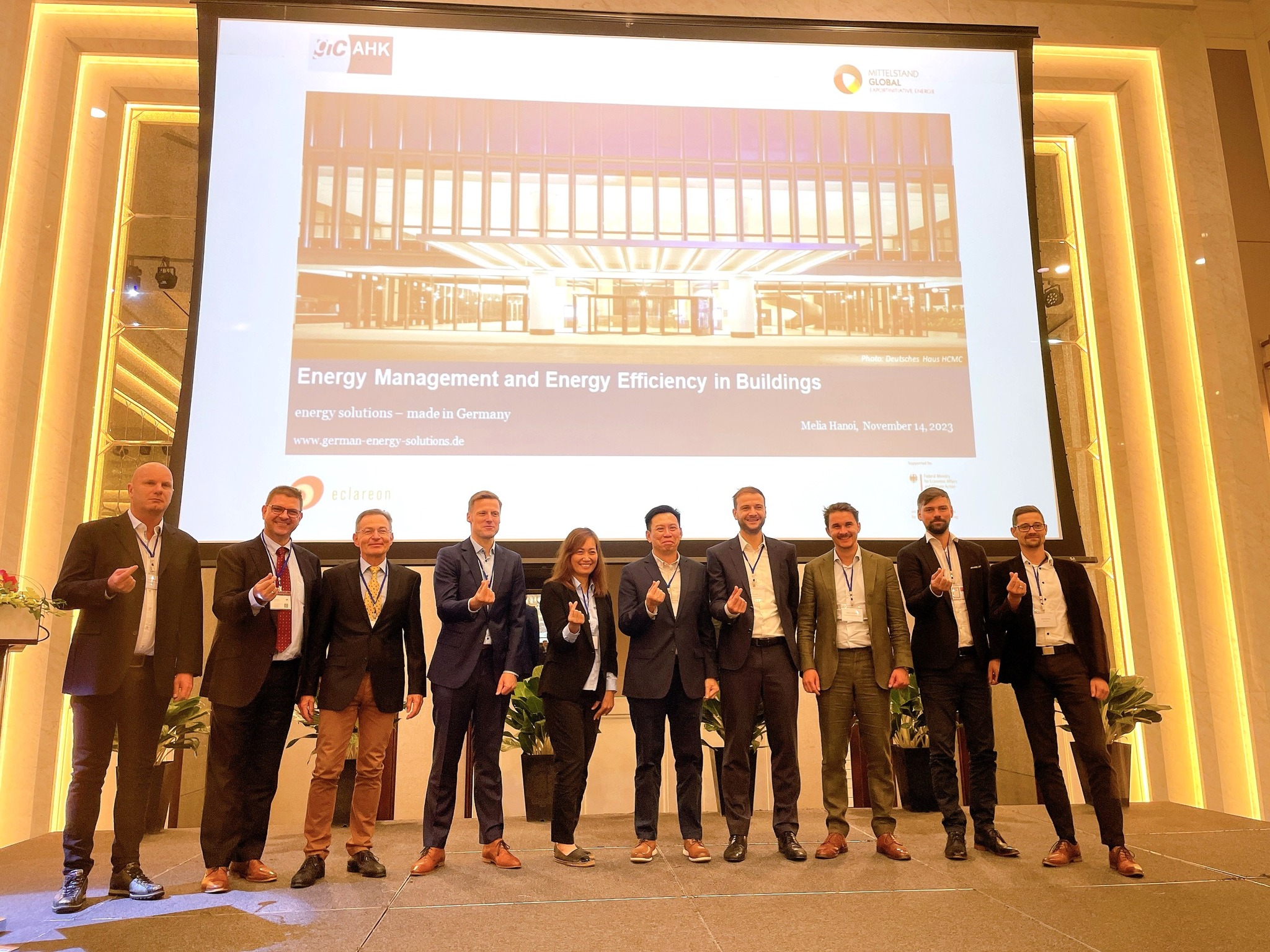The proportion of coal-fired electricity in Viet Nam and many other countries in Southeast Asia is still high, so what are the financial sources to be mobilized to implement the energy transition in each country and the whole region?
What are the opportunities for regional collaboration in achieving a sustainable and equitable energy future?
This topic is of deep concerns at the “Regional Energy Transition Dialogue 2023: Ensuring a Just and Equitable Energy Transition” held in July in Manila, the Philippines.
At this event, representatives of government agencies from Viet Nam, Thailand, the Philippines and Indonesia came together and explored innovative strategies to foster a greener and more resilient energy landscape.
“Southeast Asian countries are facing the challenge of securing financial resources; building regulatory frameworks to promote investment in renewable energy and expansion of solar and wind power plants; increase the use of gas and renewable energy sources, reduce the use of coal power plants on a large scale. We need strategies to strengthen energy security and improve national electricity connection to achieve the goals above”, Do Viet Phuong, from the Electricity Regulatory Authority of Viet Nam (ERAV), under the Ministry of Industry and Trade commented on the challenges confronting the energy industry of Viet Nam and other countries in Southeast Asia.
Sharing the same views, Nguyen Hoang Nam, from the International Relations Department at the Institute of Energy highlighted that Southest Asian countries all face difficulties in mobilizing funds, preparing human resources, mechanisms, policies, and accessibility to technology, taking into account the socio-economic impacts on energy security and technology in order to ensure a “just” throughout the implementation process.
The discussion sessions opened up solutions to the problems faced by the representatives of the Vietnamese side. Do Viet Phuong, from the Electricity Regulatory Authority of Viet Nam (ERAV), under the Ministry of Industry and Trade shared: “The Indonesian delegates elaborated on their strategies such as: Encouraging the development of renewable energy through social support; Developing renewable energy in priority areas based on available potential, technology, finance and social performance. To implement renewable energy development strategies, tax incentives, loan support for importing renewable energy technology, human resource development, information provision, product standardization, research and development and institutional capacity building are very important.” To this end, it is important to identify the role of ministries and agencies in the implementation of policies and action programmes, Phuong said.
In the Philippines, the challenges confronting the energy transition process is an under-optimized green financial ecosystem. The Philippines has recently taken important steps to develop a green financial system in the country. To further support the energy sector, the Department of Energy (DOE) of the Philippines has set objectives for the Energy Plan such as: Increasing domestic energy production; Setting additional capacity; Promoting investment; Promoting consumer welfare, strengthening domestic and international partnerships.
As for Thailand, the country is undergoing a transition from fossil fuels to renewable energy. However, the speed, depth and shape of the transition remain uncertain. It is partly because Thailand must harmonize energy security and economic development, with climate change and environmental degradation. At the discussion session, the representative of Thailand shared a number of measures to support the economy, such as increasing the tax deduction limit, deferring tax, lowering electricity and water prices, and reducing contribution to the social security fund for employers and employees.
Following the dialogues and discussion about challenges and opportunities of countries in the region, the conference came up with common solutions such as: Strengthening energy connection and market access within ASEAN to ensure energy security, increased access to electricity, affordability and sustainability for all; Accelerating the energy transition and strengthening energy resilience through greater cooperation and innovation; Cooperation between countries, strong support between governments, political will and institutional facilitation from each country are the key factors; Implementing cost reforms to reduce electricity costs; Enhancing energy supply by coordinating investments in production, transmission and distribution; Providing a favorable regulatory environment for promoting investment in clean energy.
The Regional Energy Transition Dialogue 2023 served as a testament to Southeast Asia’s commitment to sustainable and secure energy solutions. As the region continues to face environmental challenges and energy demands, the event emphasized the importance of cooperation, innovation, and policy reforms. By fostering collaboration between governments, businesses, and stakeholders, Southeast Asia can accelerate its transition towards a greener and more resilient energy future, contributing significantly to global efforts in mitigating climate change. The RETD 2023 provided a stepping stone for long-term partnerships and initiatives that will shape the energy landscape of Southeast Asia in the years to come.
Project information:
The Regional Energy Transition Dialogue 2023 was hosted by the Philippines Department of Energy (DOE) and the Project “Clean, Affordable and Secure Energy for Southeast Asia” (CASE) in pursuit of cross-country exchanges to promote energy transition in SEA.
The Clean, Affordable and Secure Energy for Southeast Asia (CASE) project, funded by the German Federal Ministry for Economic Affairs and Climate Actions (BMWK), aims to support Southeast Asian partner countries in the transition to a future energy system that provides reliable and affordable energy to the people while increasing political ambition to comply with the Paris Agreement. Through a comprehensive approach, including public, private and research organizations, CASE contributes to shifting the narrative of the energy sector in Thailand, Indonesia, the Philippines and Viet Nam towards an evidence-based energy transition.



